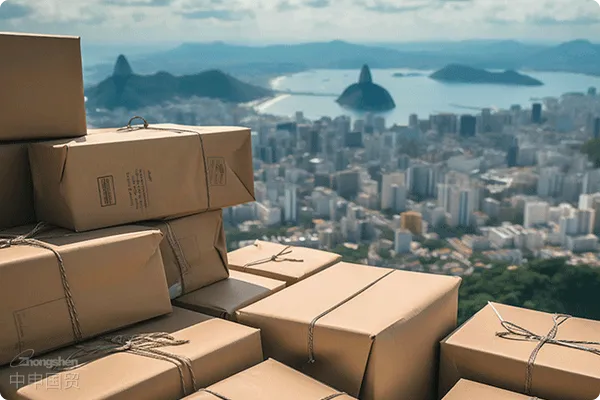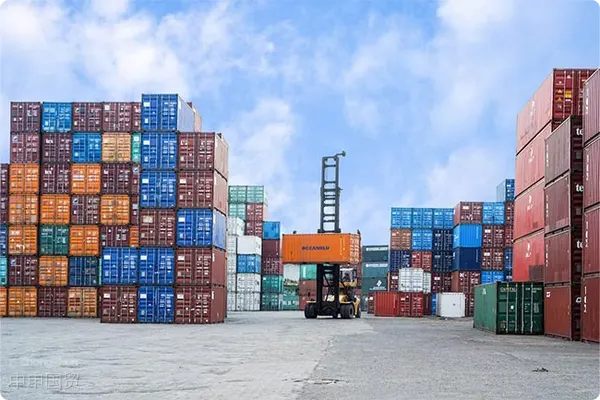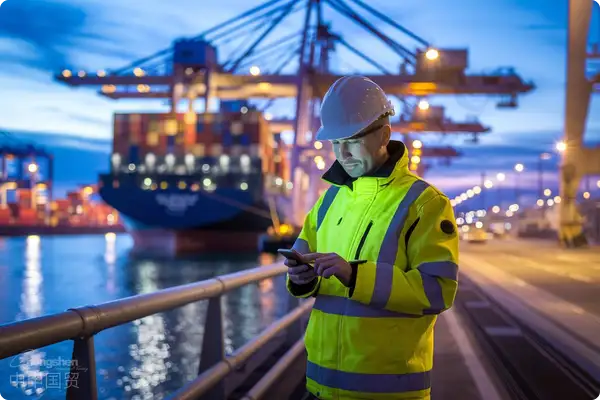- Shanghai Zhongshen International Trade Co., Ltd. - Two decades of trade agency expertise.
- Service Hotline: 139 1787 2118

Brazil export challenge: The high-cost dilemma of small goods.
When exporting low-value small goods to Brazil, such as kitchen towels in textiles,foreign tradepeople often face transportation and tariff costs that exceed the goods value by 2 to 3 times. This phenomenon has almost become the norm in the Brazilian market. Brazils customs policies are strict, and small parcel shipments not only involve complex clearance procedures but also often require high tariff payments. For example, in a real case, a sample order worth only over $200 was required to pay over $1,000 in tariffs due to honest declaration, nearly causing the customer to abandon the goods. This leaves many exporters with a headache: How can they achieve cost-effective exports under such high costs?
Solution: Bulk shipping and overseas warehouses
Bulk shipping reduces per-unit costs
For low-value small goods,bulk shippingis a practical method. Shipping more goods at once viaMaritime Transportationsea freight instead of express delivery can significantly reduce per-unit transportation costs. Although sea freight takes longer, it offers clear cost advantages for low-value, small-sized goods. Exporters can negotiate with customers to encourage bulk orders, thereby sharing transportation costs.
Overseas warehouses improve efficiency and customer experience
A better strategy is to establishoverseas warehouses in Brazil.After bulk shipping goods to Brazil, store them in local warehouses and then deliver them to customers through local distribution. This approach can significantly reduce tariffs (as goods are cleared in bulk) and shorten delivery times, improving customer satisfaction. However, overseas warehouses require certain capital investment and operational capabilities, making them suitable for enterprises with long-term export plans.
Under-declaration: A temporary measure requiring caution
For small sample orders, some exporters may chooseunder-declared valuesto reduce tariffs. For example, when shipping via express, declaring values far below actual amounts. However, this practice carries legal risks. If inspected by Brazilian customs, it may result in fines or cargo seizure. Therefore, under-declaration should be cautiously implemented with customer consent to avoid major losses for minor gains. Comparatively, if customers can accept bulk orders via sea freight, it would be a more stable choice.
Global trend: Taxation wave on small parcel shipments
Its worth noting that Brazil is not an exception.The US, EU, Japanand other markets are also studying measures to tax small parcel shipments. This trend poses greater challenges for exporters of low-value goods (such as the textile industry). In the future, as policies tighten globally, export costs may further increase. Exporters should closely monitor international developments and adjust strategies promptly.
Conclusion: Flexible responses to turn challenges into opportunities
Exporting low-value small items to Brazil indeed presents headaches with high shipping and tariff costs. But throughbulk sea freightto share costs,overseas warehouses in Brazil.optimize distribution, or cautiously useunder-declaration, costs can be effectively reduced. Meanwhile, facing the global trend of small parcel taxation, exporters need to stay sharp and flexibly adjust strategies to stand out in competition.
Related Recommendations
? 2025. All Rights Reserved. Shanghai ICP No. 2023007705-2  PSB Record: Shanghai No.31011502009912
PSB Record: Shanghai No.31011502009912










